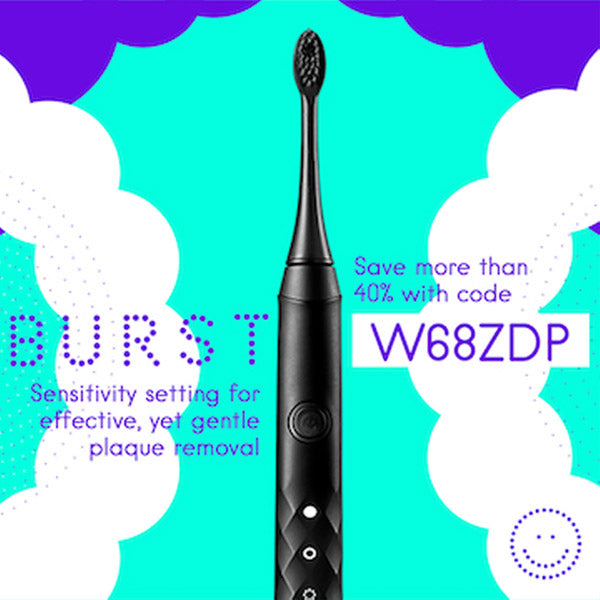P. Gingivalis Associated with Esophageal Squamous Cell Carcinoma

The American Cancer Society estimates there will be an estimated 13,460 new cases of esophageal cancers in the United States 2016. Cancers of the esophagus are normally classified as either adenocarcinomas or squamous cell carcinomas. While a direct cause of esophageal cancers is not known, risk factors for developing esophageal cancers include:
- Age – most cases found in those over age 55
- Gender – males are 3 to 4 times at greater tisk
- Reflux – those with gastroesophageal reflux disease or Barrett’s esophagus have an increased risk for developing adenocarcinomas
- Chemical exposure –risks increase along with levels of tobacco use and alcohol consumption
Researchers at the University of Louisville School of Dentistry have found that a specific bacterium, Porphyromonas gingivalis, may play a role in developing esophageal squamous cell carcinoma (ESCC). P. gingivalis is found in the oral cavity, upper gastrointestinal tract, the respiratory tract, and the colon. It is a gram-negative bacteria often associated with the development of periodontal disease.
The research team tested tissue samples from 100 patients with ESCC and 30 normal controls. Of those samples, P. gingivalis was present in 61% of ESCC cells and in 12% of adjacent tissues. P. gingivalis was not present in normal esophageal tissue. The presence of P. gingivalis was also found to correlate with other factors, including cancer cell differentiation, metastasis and overall survival rate.
Per Huizhi Wang, M.D., Ph.D., assistant professor of oral immunology and infectious diseases at the UofL School of Dentistry, “These findings provide the first direct evidence that P. gingivalis infection could be a novel risk factor for ESCC, and may also serve as a prognostic biomarker for this type of cancer. The data, if confirmed, indicate that eradication of a common oral pathogen may contribute to a reduction in the significant number of people suffering with ESCC.”
The data suggests that either ESCC cells are a hospitable dwelling for P. gingivalis to thrive or the infection of P. gingivalis facilitates the development of esophageal cancer. If P. gingivalis is proven to cause ESCC, Wang stated, “The implications are enormous. It would suggest that improving oral hygiene may reduce ESCC risk; screening for P. gingivalis in dental plaque may identify susceptible subjects; and using antibiotics or other anti-bacterial strategies may prevent ESCC progression.”
Sources:
Researchers find association between oral bacteria and esophageal cancer




